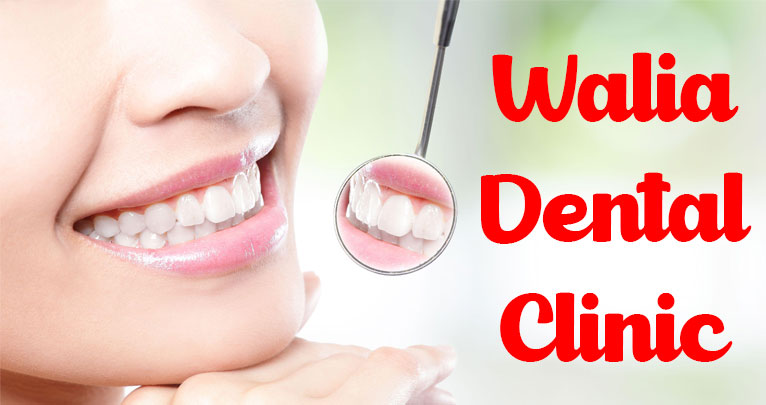|
What causes bruxism?
Bruxism can have a variety of causes, but the most
common are probably emotional factors such as daytime
stress, anxiety, anger, pain and frustration. Certain
sleep disorders can trigger grinding of the teeth as
well. People who are competitive, aggressive, and rushed
may also be at greater risk for bruxism. Lastly, alcohol
and some types of medications may worsen tooth grinding.
Why bruxism can be a
serious problem?
When you chew your food, your deliver a force of about
175 pounds per square inch (psi) to your teeth. But when
you grind your teeth at night, there's no food to absorb
the impact, so the force on your teeth can be 300 psi or
more. That's enough to cause permanent damage to your
teeth, including cracked and chipped enamel, hairline
fractures, and even wearing down of the teeth to the
gumline & loosning of the dental implant screws The
enamel may become so worn that the inside of the tooth
(called the dentin) is exposed. If bruxism isn't
treated, it can lead to gum damage, loss of both natural
teeth and restorations, and other more complicated
jaw-related disorders (such as TMJ known disorders).
Over time, your teeth may become sensitive due to
exposed dentin, and your jaws may even move out of
proper balance. Grinding your teeth can also cause a
wide variety of other symptoms including soreness and
fatigue in your jaw and facial muscles, and earaches or
headaches-especially when you wake up in the morning.
There is no known cure for bruxism. Fortunately, with
night-guard trays there are ways to reduce or stop your
grinding and even ways to limit further damage and pain
due to grinding. |
